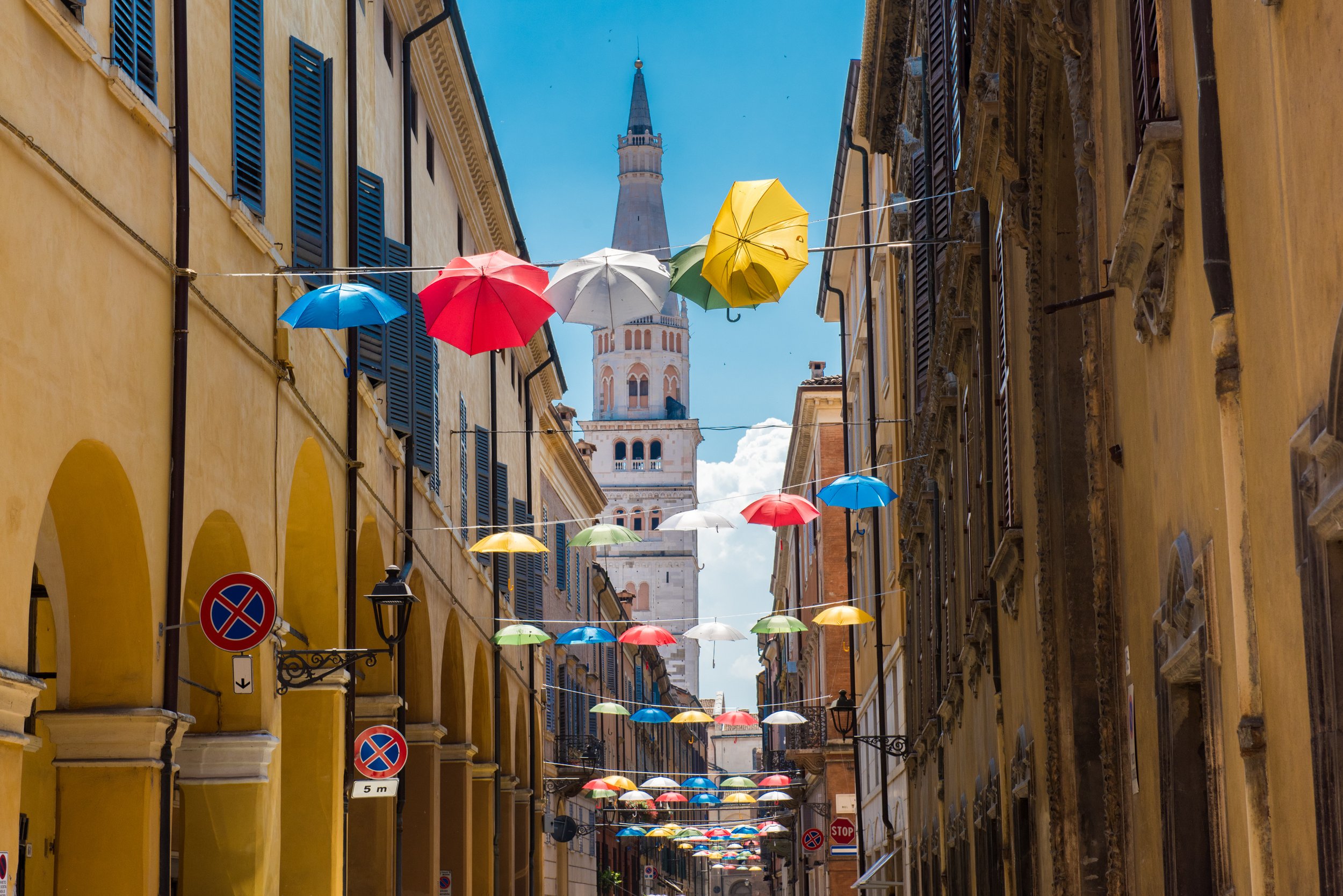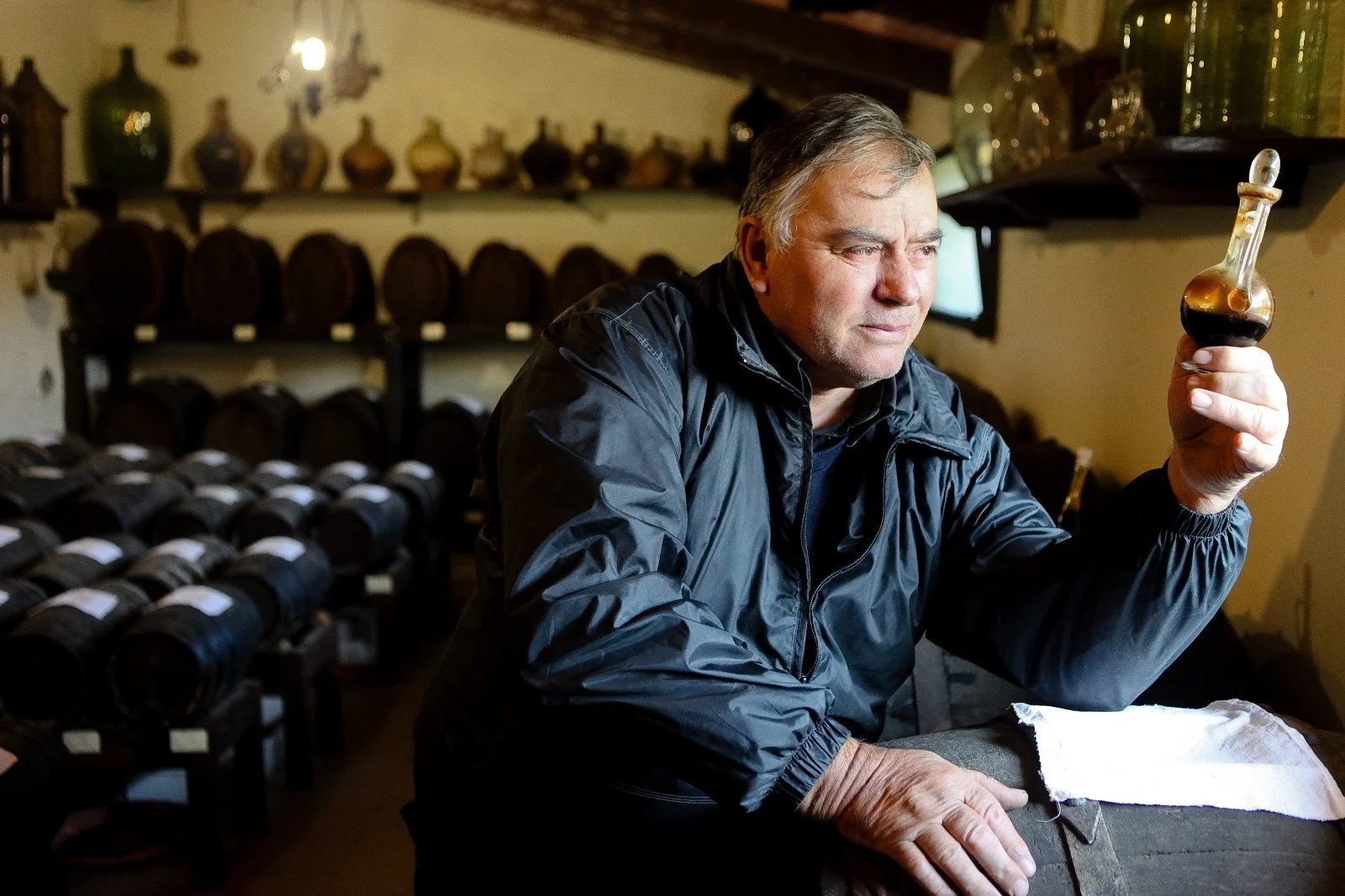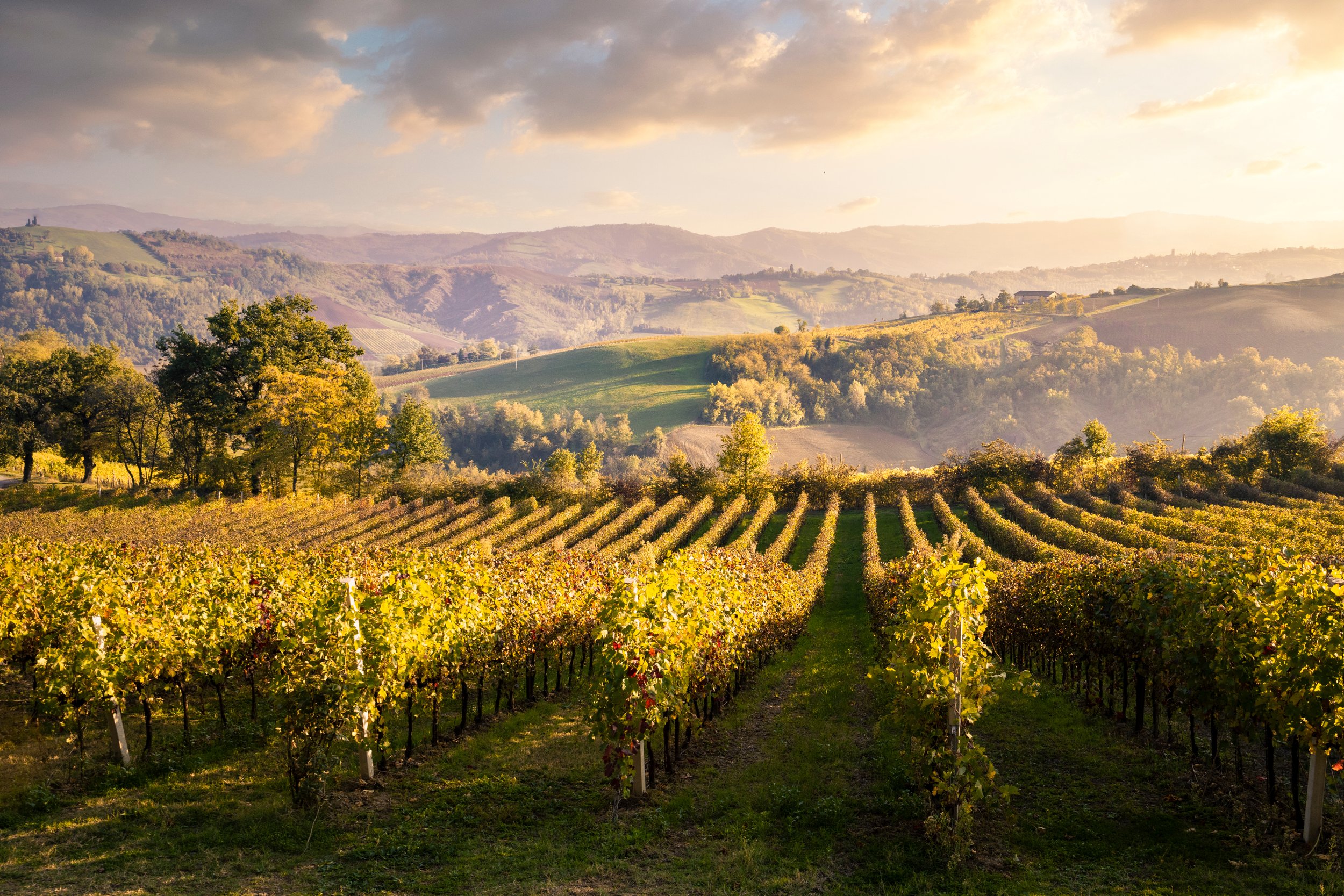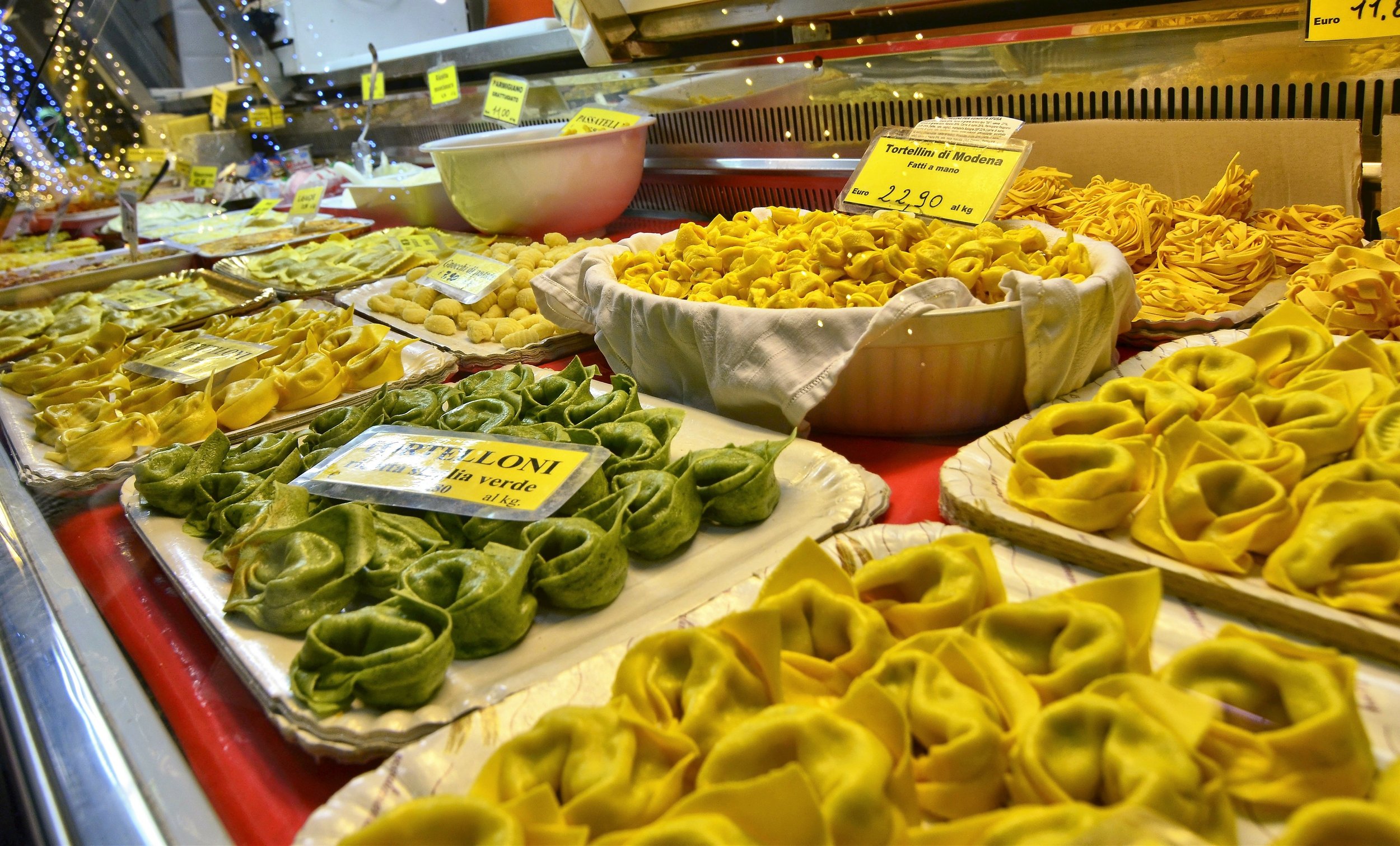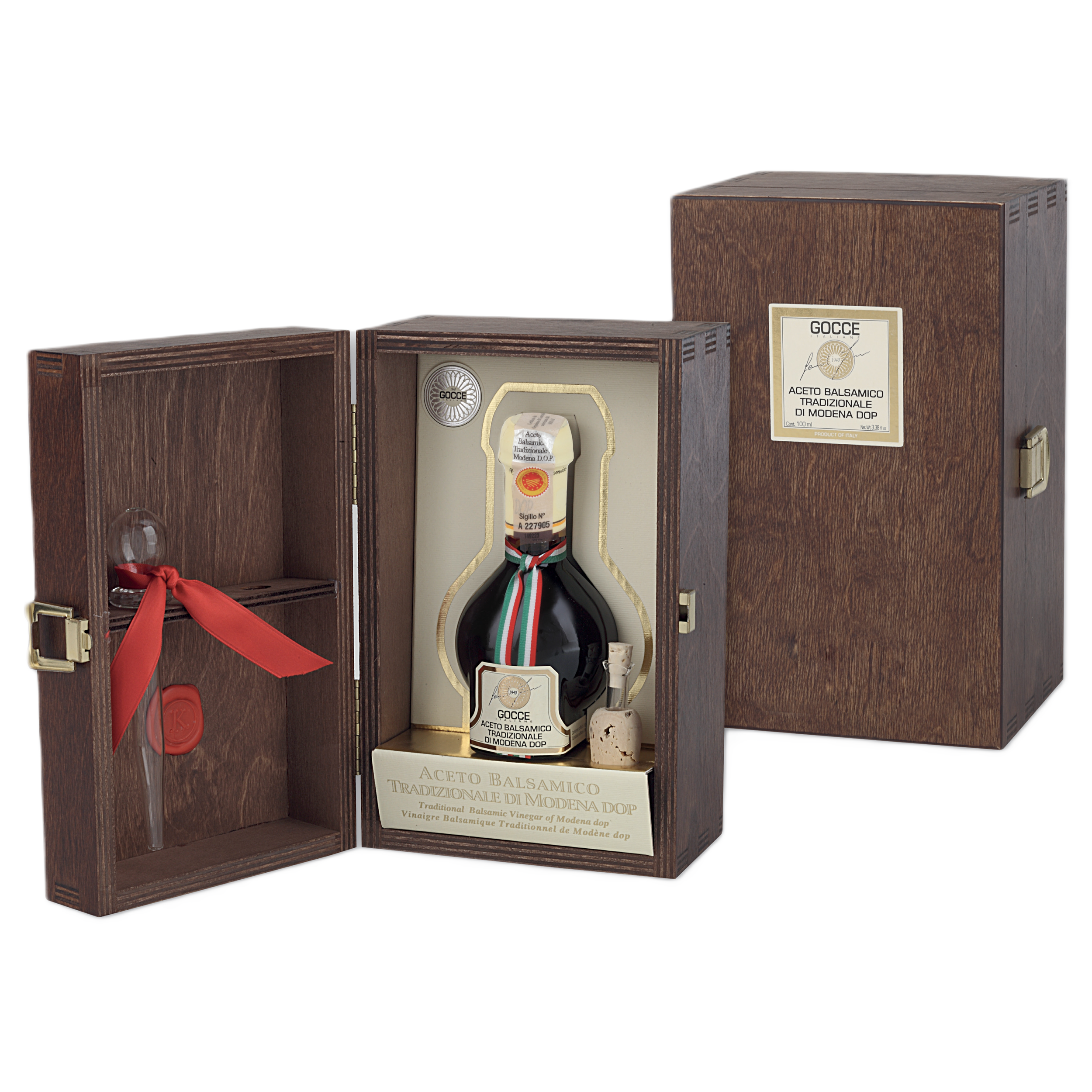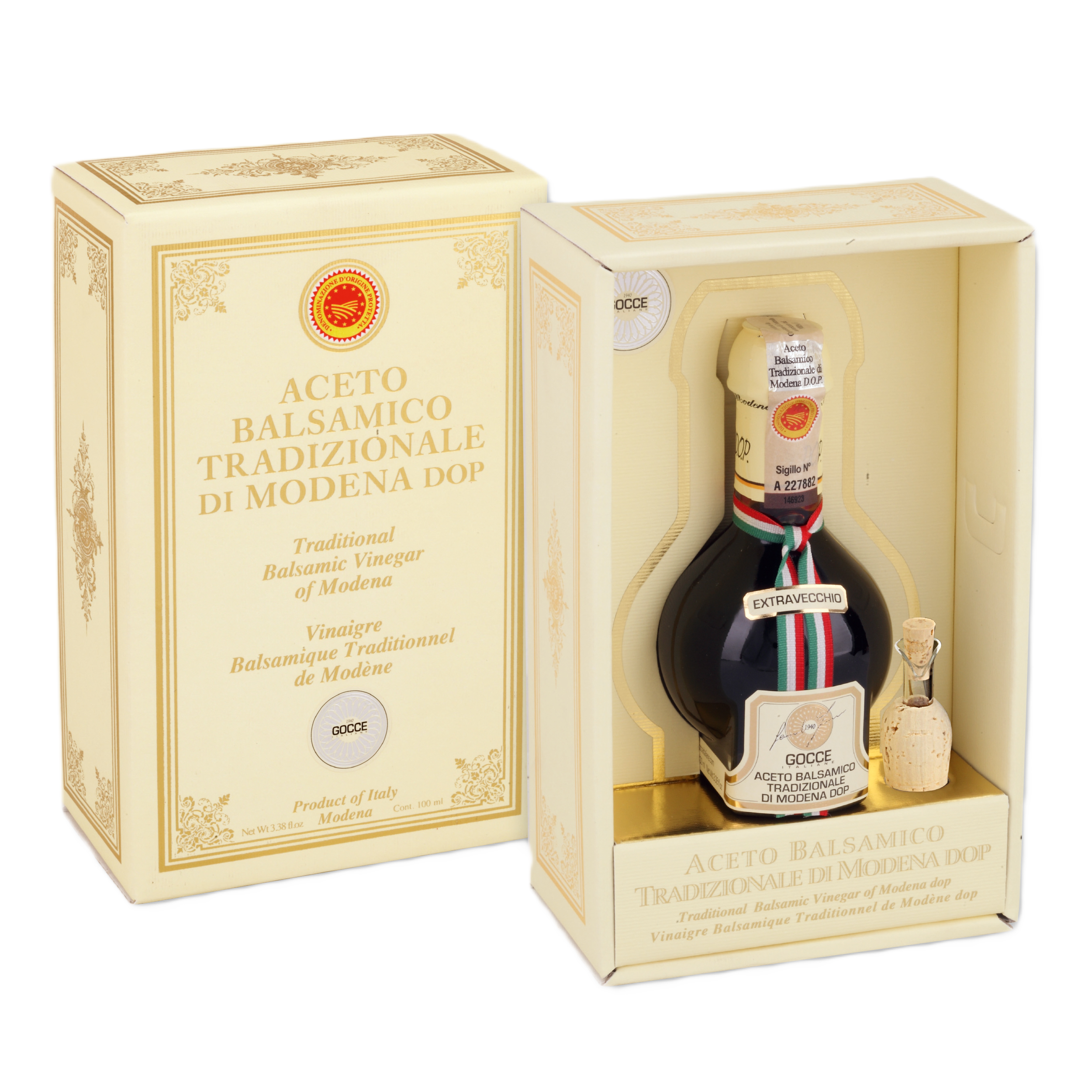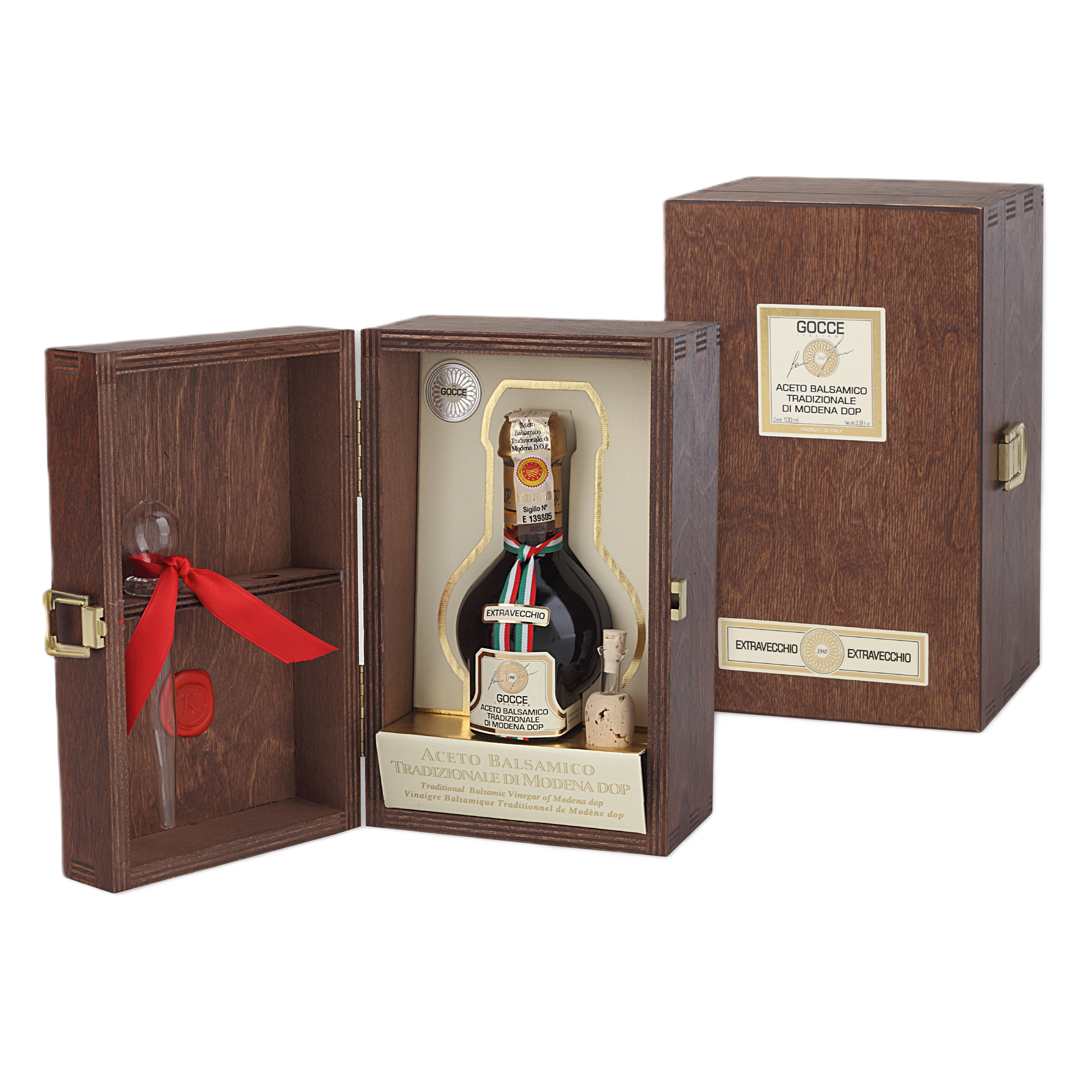Unveiling the Elegance and Complexity of Traditional Balsamic Vinegar of Modena DOP
In the heart of Italy’s Emilia-Romagna region lies Modena, a city where culinary artistry and tradition converge to produce one of the world’s most exquisite flavors: Traditional Balsamic Vinegar of Modena DOP. This elixir, revered by chefs and gourmands alike, embodies centuries of meticulous craftsmanship, regional heritage, and an unwavering commitment to quality.
Street view of the Cathedral of Modena
A Legacy Rooted in Time
The origins of Traditional Balsamic Vinegar trace back to the 11th century, where it was cherished not only for its flavor but also as a symbol of prestige and a gift of honor. Today, this legacy is preserved by families like the Leonardi, who have been crafting balsamic vinegar since 1871, ensuring that each bottle reflects generations of dedication and passion.
The Artisanal Production Process
1. Selection of Grapes
Only specific grape varieties native to Modena, such as Trebbiano and Lambrusco, are selected. These grapes are harvested at peak ripeness to ensure optimal sugar content, laying the foundation for the vinegar’s complex flavor profile.
2. Cooking the Must
The freshly pressed grape must is slowly cooked over an open flame in copper cauldrons, reducing its volume by approximately 50%. This concentration intensifies the natural sugars and flavors, a crucial step that distinguishes traditional balsamic vinegar from its commercial counterparts.
3. Fermentation and Aging
The cooked must undergoes natural fermentation and is then aged in a series of wooden barrels made from various woods like oak, chestnut, cherry, and juniper. Each type of wood imparts unique characteristics to the vinegar, contributing to its depth and complexity. The vinegar is transferred to smaller barrels over time, a process that can span 12 to 25 years or more, allowing it to mature and develop its signature flavor. Producers like Leonardi have DOP products that are as old as 150 years.
Traditional Balsamic Vinegar is constantly tested for quality as it ages
The Terroir of Modena
Modena’s unique climate, characterized by hot summers and cold winters, plays a pivotal role in the vinegar’s maturation. These temperature fluctuations facilitate the natural fermentation and aging processes, enabling the vinegar to absorb the nuanced characteristics of each wooden barrel and develop its rich, multifaceted profile.
The rolling hills of Modena just west of the city
A Culinary Jewel
The unparalleled quality of Traditional Balsamic Vinegar of Modena DOP has made it a staple in the kitchens of renowned chefs worldwide. Massimo Bottura, chef of the three-Michelin-starred Osteria Francescana in Modena, often emphasizes the vinegar’s integral role in Italian cuisine. He once remarked, “It is conceived among the cultivated vineyards of our gentle hills, born in the dim light of our vinegar cellars, then flows through our veins for a lifetime.”
Chefs utilize this exquisite vinegar in various dishes, from drizzling over aged Parmigiano-Reggiano to enhancing the flavors of strawberries and vanilla gelato. Its rich, multifaceted profile elevates both simple and sophisticated culinary creations.
Tortellini for sale in the world famous market in Modena: Mercato Albinelli
Conclusion
Traditional Balsamic Vinegar of Modena DOP reflects its intricate production process, the dedication of artisans, and its deep-rooted cultural heritage. Each bottle encapsulates years of patience, expertise, and the essence of Modena’s terroir. When you taste Traditional Balsamic Vinegar you are partaking in a timeless Italian tradition that enriches every culinary experience.
